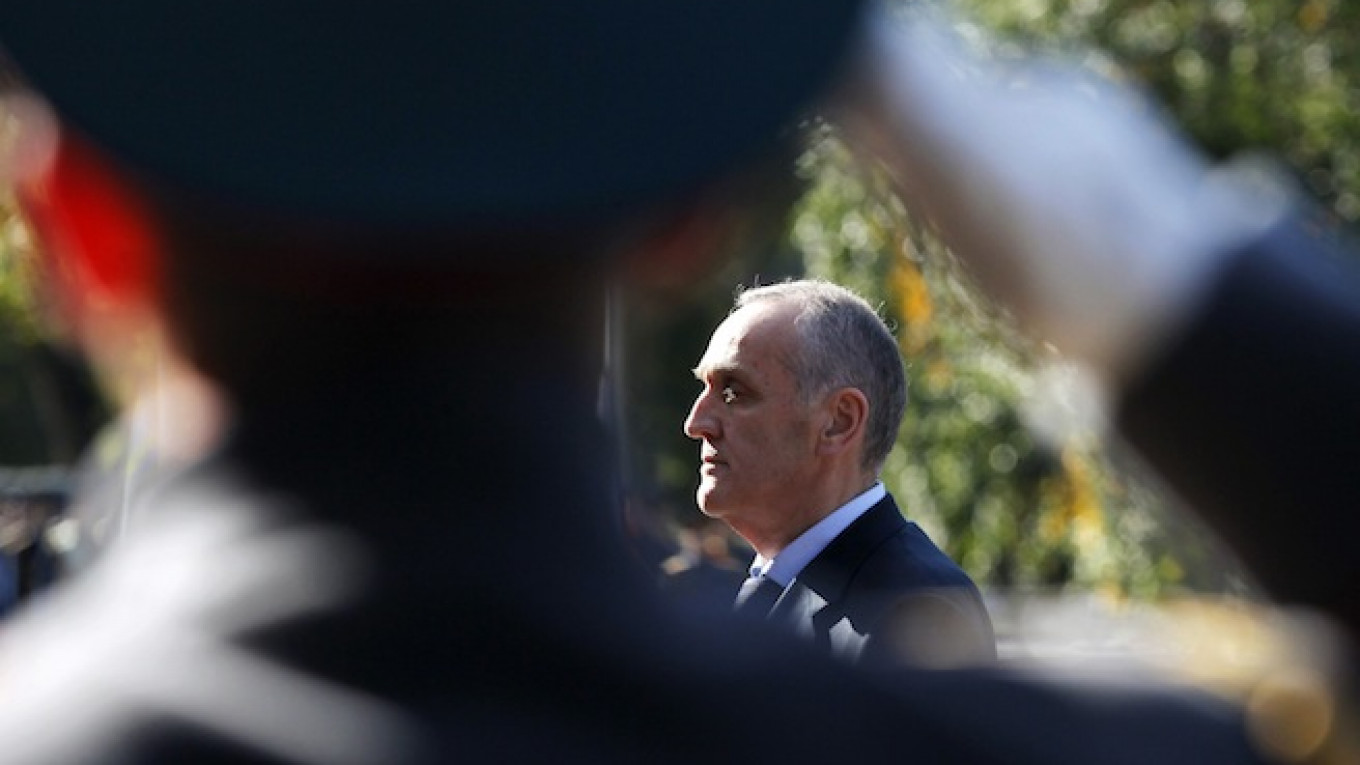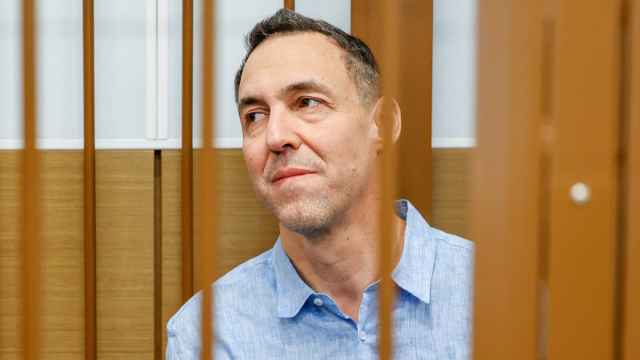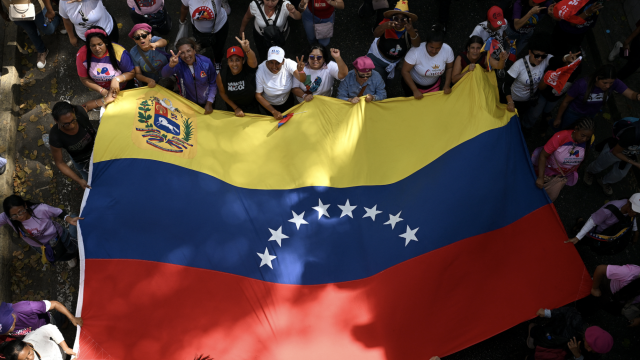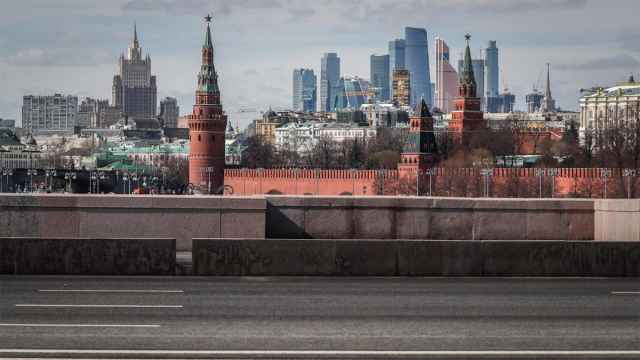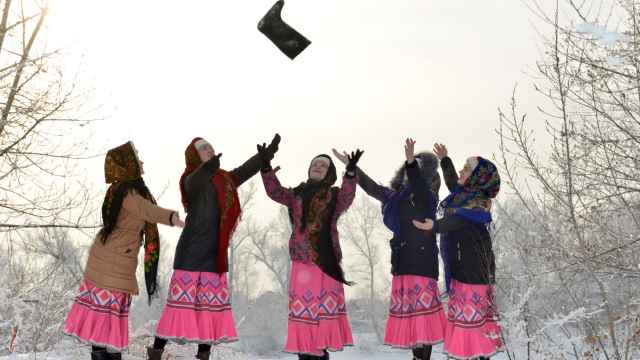Foreign Minister Sergei Lavrov is optimistic about the strength of Moscow's ties with Abkhazia despite the political conflict presently engulfing the small Russia-backed breakaway province of Georgia.
"I am confident that relations between Russia and the Abkhaz republic are set to improve," Lavrov said following a meeting with Mauritanian Foreign Minister Ahmed Ould Teguedi on Monday.
Alexander Ankvab resigned the Abkhaz presidency on Sunday after opposition activists stormed the presidential palace in the capital city of Sukhumi last Tuesday.
Georgia has not recognized Abkhazia's independence. Paata Zakareishvili, the country's minister for reconciliations and civic equality, reiterated the fact on Monday that Tbilisi has never viewed Ankvab's presidency as legitimate, nor does it intend to do so with his replacement.
On Saturday, the parliament appointed its speaker Valery Bganba as interim president and voted to schedule early presidential election for Aug. 24. Ankvab initially denounced the move as unconstitutional, but later in his resignation statement said it was "politically acceptable." Bganba will serve as acting president until the election takes place.
Abkhazia fought a war for independence from Georgia between 1992 and 1993, resulting in thousands of casualties.
Abkhazia has remained under Russia's military protection since the breakup of the Soviet Union. Russia formally recognized its independence in 2008.
"No matter whether it is Ankvab or someone else, they do not have any official capacity. Their standing does not correspond to the Georgian constitution or international law. At the same time, it is important for us to engage in dialogue with Abkhaz public," Zakareishvili told Interfax on Monday.
See also:
A Message from The Moscow Times:
Dear readers,
We are facing unprecedented challenges. Russia's Prosecutor General's Office has designated The Moscow Times as an "undesirable" organization, criminalizing our work and putting our staff at risk of prosecution. This follows our earlier unjust labeling as a "foreign agent."
These actions are direct attempts to silence independent journalism in Russia. The authorities claim our work "discredits the decisions of the Russian leadership." We see things differently: we strive to provide accurate, unbiased reporting on Russia.
We, the journalists of The Moscow Times, refuse to be silenced. But to continue our work, we need your help.
Your support, no matter how small, makes a world of difference. If you can, please support us monthly starting from just $2. It's quick to set up, and every contribution makes a significant impact.
By supporting The Moscow Times, you're defending open, independent journalism in the face of repression. Thank you for standing with us.
Remind me later.


